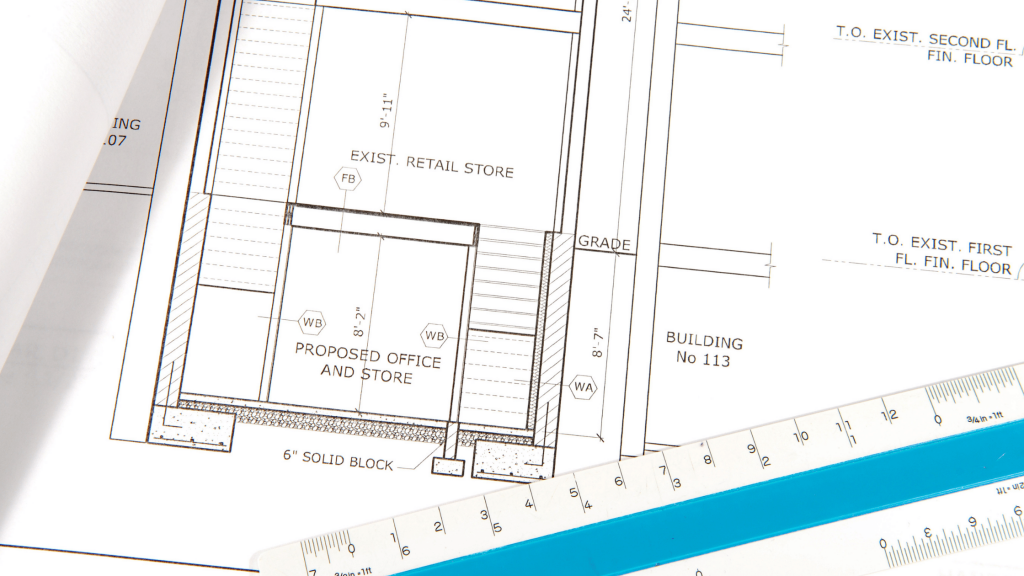If you’re thinking of becoming the tenant of a commercial property it is vital to understand what you are taking on. Signing a commercial lease is very different to renting residential property, with a range of responsibilities that can come as a big surprise if you’re not prepared.
Here are issues that every prospective commercial tenant should consider before agreeing to any tenancy.
Beware the Binding Nature of Your Lease.
Too many businesses learn this the hard way, a commercial lease is a binding legal contract. A landlord is not likely to let you out of that contract even if your business is struggling. Every commercial tenant should enter the lease with the mindset that they can pay for the contract in full or a substantial portion.
The More Eyes the Better.
The more people who can read your commercial lease before you sign it, the better. If you have a business loan in place, show the lease agreement to your lender. There may be provisions you need to put in place to meet the repayments. Have a solicitor read it in case there is anything stipulated in the tenancy agreement that may become a legal issue down the road. And of course, the tenant needs to read it and understand it all. Make sure all these boxes are checked before signing the commercial agreement and do not be afraid to negotiate issues that you are not comfortable with.
If it is in the Lease, it Will be Used.
When meeting with the landlord be sure that comments such as “We can address those things later” or “That has never been an issue” are ignored. Approach any lease with caution because if it is in the lease, it will be used and it will be enforced.
Beware of Additional Charges.
Check how much service charges are and which services they specifically cover, such as cleaning and heating. Establish what facilities you may be sharing with other tenants in the building. Service charges are an additional cost to the commercial leasing agreement and can be more expensive than organising them yourself.
Ask the landlord for a breakdown of how the service charges included are calculated along with any paperwork surrounding these such as receipts. Your landlord must provide this information, it is a criminal offence not to.
When the Lease Ends
Know that you have the right to remain in occupation of the premises and renew the lease once it expires. This is on the condition that you as the tenant and your landlord have agreed ahead of the contract expiring.
However, the landlord can refuse to grant a renewal on the ground of:
- The tenant has breached the contract
- The landlord offers other, suitable property
- The landlord no longer wants to sub-let the unit but wants to lease the entire building as a whole
- The landlord plans to tear down or rebuild the building
- The landlord plans to use the building himself
if you need advice on a tenancy arrangement, please contact one of our commercial property solicitors at McParland & Sons for more information.
Related blogs:

